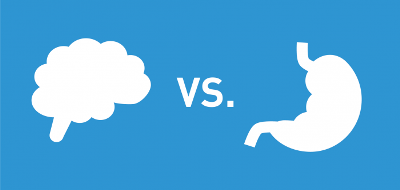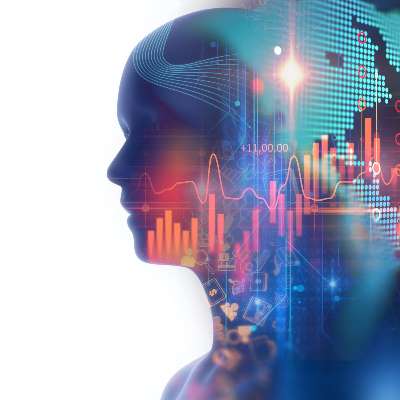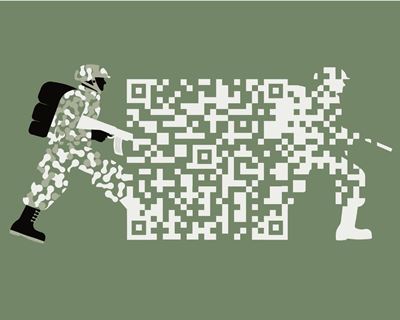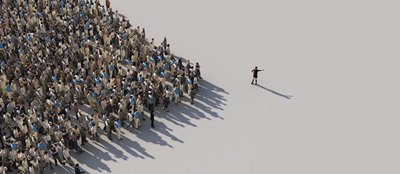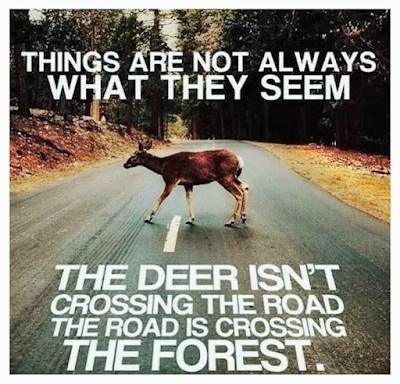I loved those articles such as this one from the Verge ‘Watch a police officer admit to playing Taylor Swift to keep a video off YouTube‘ showing how people are adapting to take advantage of Artificial Intelligence to deceive the system.
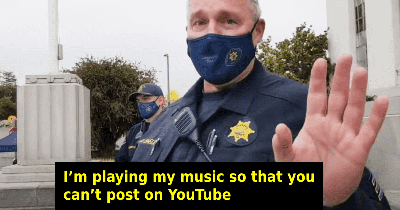
The point being that YouTube deletes all videos with copyright infringement, and therefore by playing music while being video filmed, US policemen ensure those videos of their interventions will can’t be uploaded to YouTube. Brilliant! (I am not sure how well that works though!).
Anyway that’s a good example of how people adapt their behavior to deceive the AI and digital ecosystem. I am quite sure there are many more strategies used by the tech-savvy to evade modern surveillance and ubiquitous photos and cameras. And we may implement new behaviors more and more to adapt to this digital world.
It is just the start of adapting our behaviors to deceive the digital ecosystem and AI surrounding us. Expect this to become much more prevalent!


